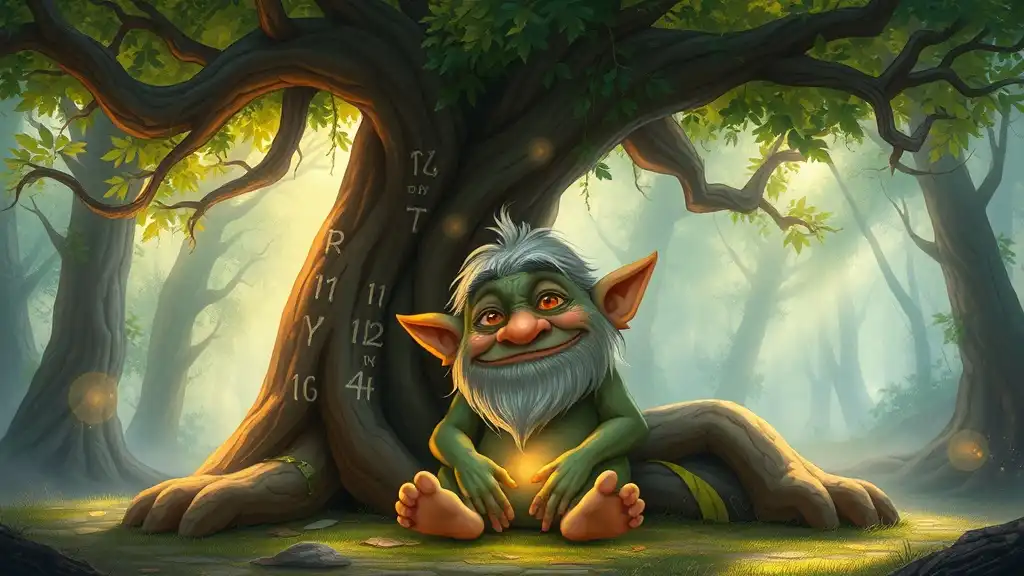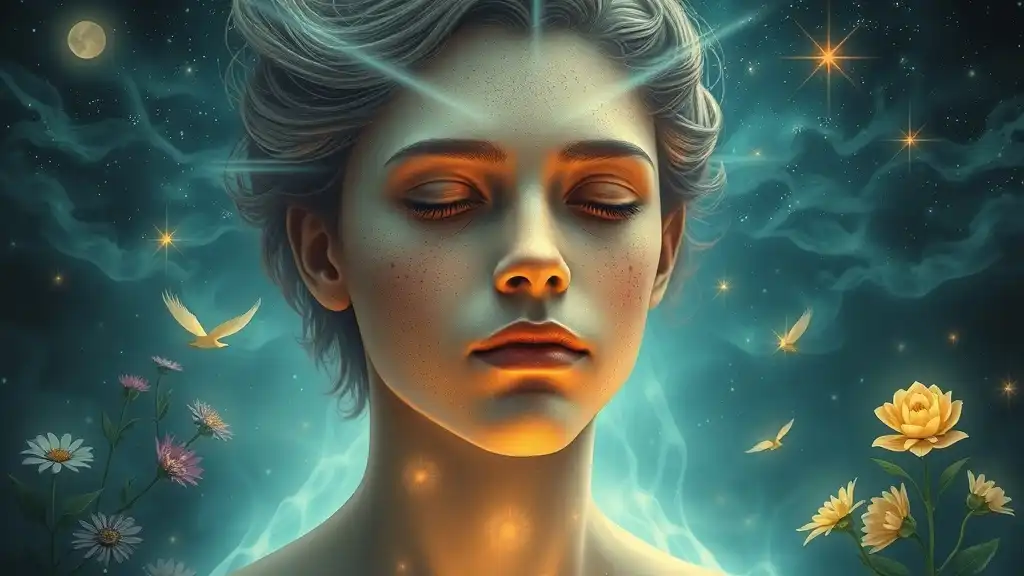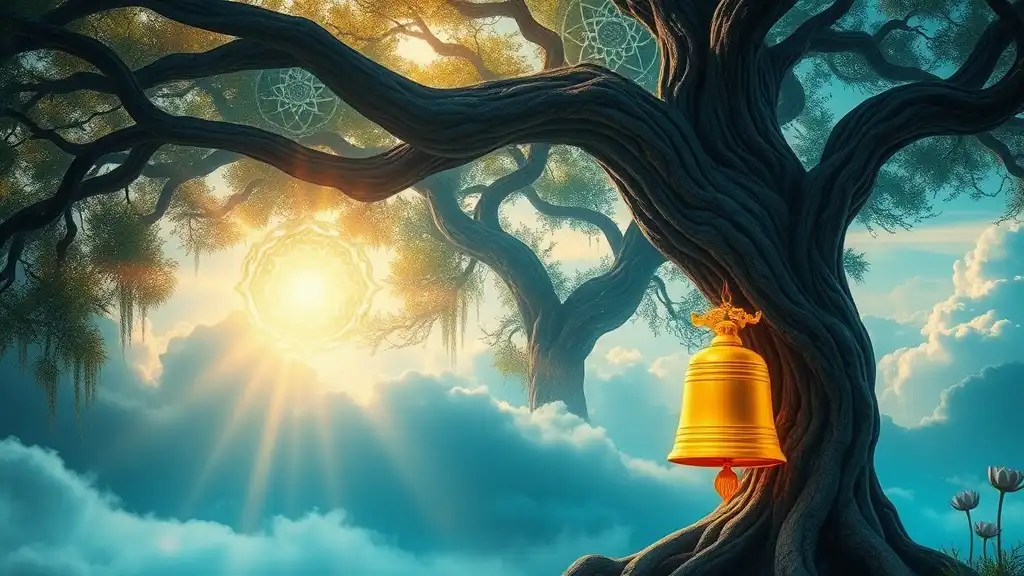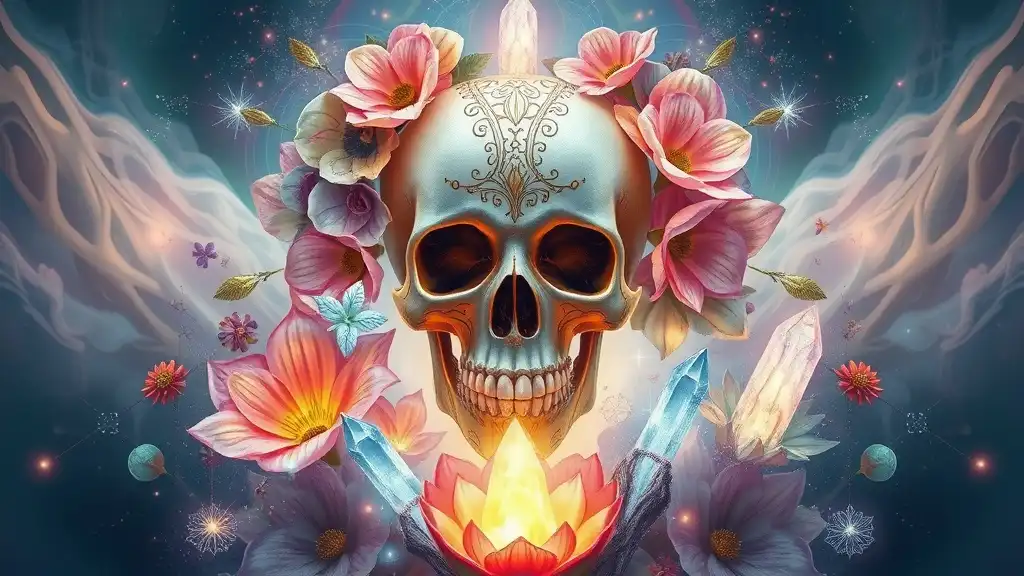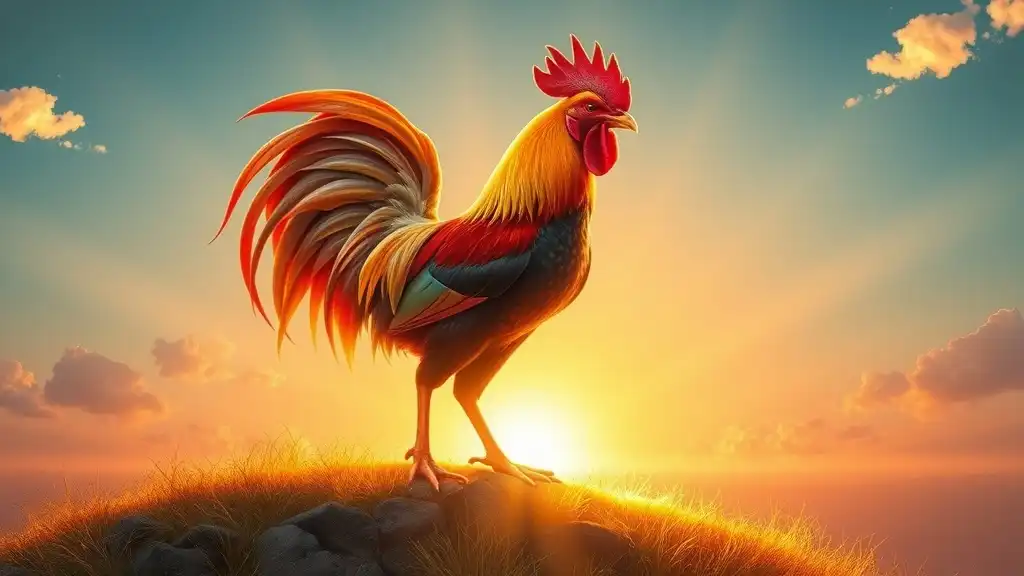Trolls have long fascinated us through folklore and popular culture, embodying a mix of fear, humor, and the unknown. While often depicted as monstrous creatures lurking under bridges or in dark caves, they hold deeper spiritual meanings that can offer valuable insights into our lives and personal growth. This article explores the various dimensions of trolls, from their mythological origins to the spiritual lessons they impart.
Understanding Trolls in Mythology
Historical Origins
The concept of trolls can be traced back to European folklore, primarily in Scandinavian countries. These creatures are often portrayed as ugly, brutish beings, typically associated with mountains, forests, and other remote areas. Trolls were believed to be supernatural beings that found delight in causing trouble for humans. Their historical depictions reveal a fear of the unknown, representing nature’s unpredictability and the complexities of human emotions.
Trolls Across Cultures
Not only are trolls a fixture in Nordic myth, but they also share similarities with other mythological creatures worldwide. Comparisons can be made with ogres and giants, which also embody strength, danger, and a touch of humor. The archetype of trolls as both protectors and tormentors signifies the duality of existence—the fine line between creation and destruction.
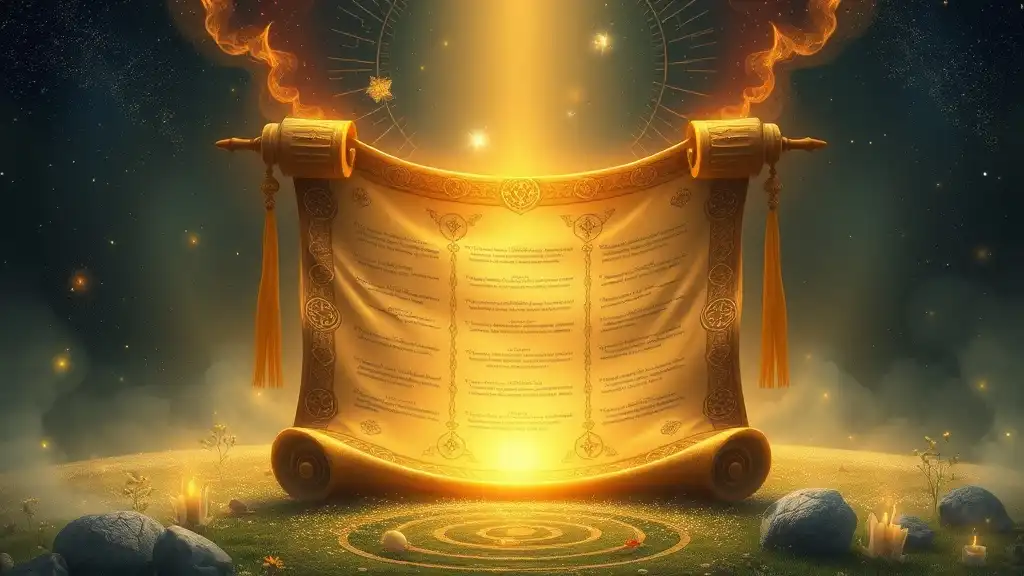
The Symbolism of Trolls
Trolls as Shadows
Through a Jungian lens, trolls can be seen as representations of our "shadow" selves—those parts of us that we wish to deny or hide. They symbolize the repressed aspects of our subconscious, urging us to confront and embrace them. In this sense, working with the symbolism of trolls allows us to integrate these darker aspects, clearing the path for spiritual growth.
Guardians of the Underworld
Trolls are often depicted as creatures safeguarding treasures and hidden wisdom. This aspect of their character suggests that the journey through the darkness—represented by trolls—often leads to profound insights and transformation. By confronting these guardians, we can discover buried treasures within ourselves, showcasing the idea that spiritual growth often requires navigating through discomfort and fear.
Trolls as Tricksters
In many stories, trolls play the role of tricksters, creating chaos and presenting challenges. This function is essential for personal development; through their mischief, trolls remind us of the lessons inherent in life’s obstacles. They encourage us to approach difficulties with humor and creativity, understanding that even in the face of adversity, we have the power to transform situations to our advantage.
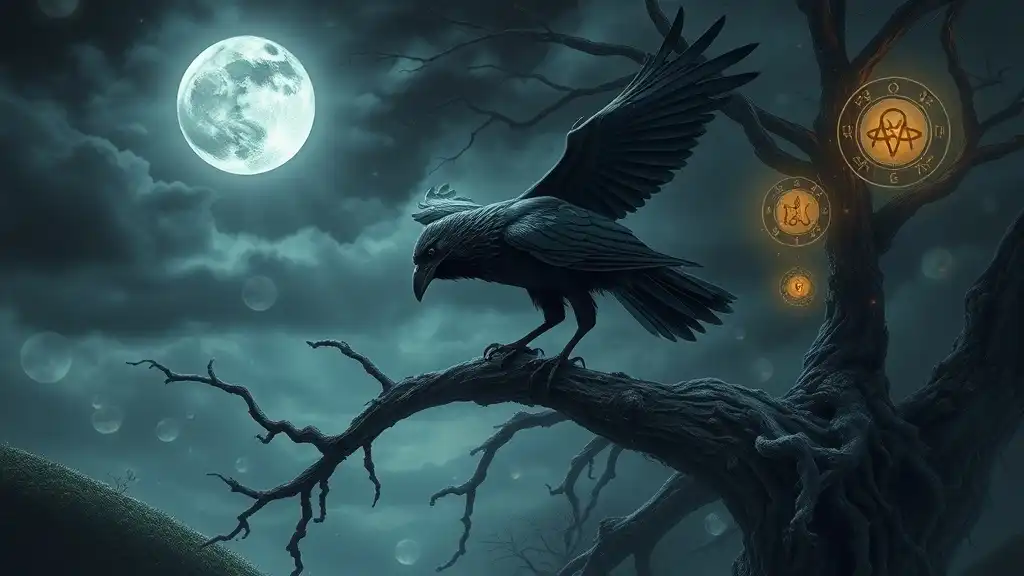
The Spiritual Lessons from Trolls
Accepting the Dark Within
Engaging with the notion of trolls invites us to confront our flaws boldly. Accepting our darker qualities is essential for holistic being, as these traits often carry the potential for growth and transformation. We can practice embracing our "inner troll" by journaling, meditating, or engaging in creative expression, allowing ourselves to explore and accept the facets we usually reject.
Finding Strength in Vulnerability
Trolls can also symbolize resilience and the strength that emerges from vulnerability. By facing our fears and insecurities, we can cultivate a deeper sense of power within ourselves. Historical narratives of individuals overcoming daunting challenges, often likened to traversing a troll-infested path, serve as reminders that true strength often lies in our willingness to be open and authentic.
Transformative Power of Acceptance
To engage fully with the lessons trolls offer, we must embrace a journey of self-acceptance. This involves recognizing that our imperfections are part of our unique path. The imagery of trolls can inspire various practices—such as affirmations, visualization, or guided meditation—that lead to a more compassionate understanding of ourselves, fostering an environment where growth and self-discovery flourish.

Modern Interpretations of Trolls
Trolls in Popular Culture
Today, trolls have made a significant impact on modern media, appearing in films, books, and other art forms. Within these interpretations, we often see themes of acceptance, unity, and the reclamation of our shadows. By dissecting these portrayals, we can uncover important spiritual themes, recognizing that even in the fantastical, there are vital lessons that resonate with our journeys.
Digital Trolls and Spiritual Growth
While ancient trolls reside in realms of myth and storytelling, modern-day digital trolls—often recognized for their disruptive behavior online—can serve as a spiritual mirror. Encountering negativity or hostility in digital spaces provides an opportunity for growth, as it challenges us to develop our emotional resilience and responses. Engaging with such behavior can ultimately lead to an interesting exploration of our inner worlds, highlighting our capacity for compassion and understanding.
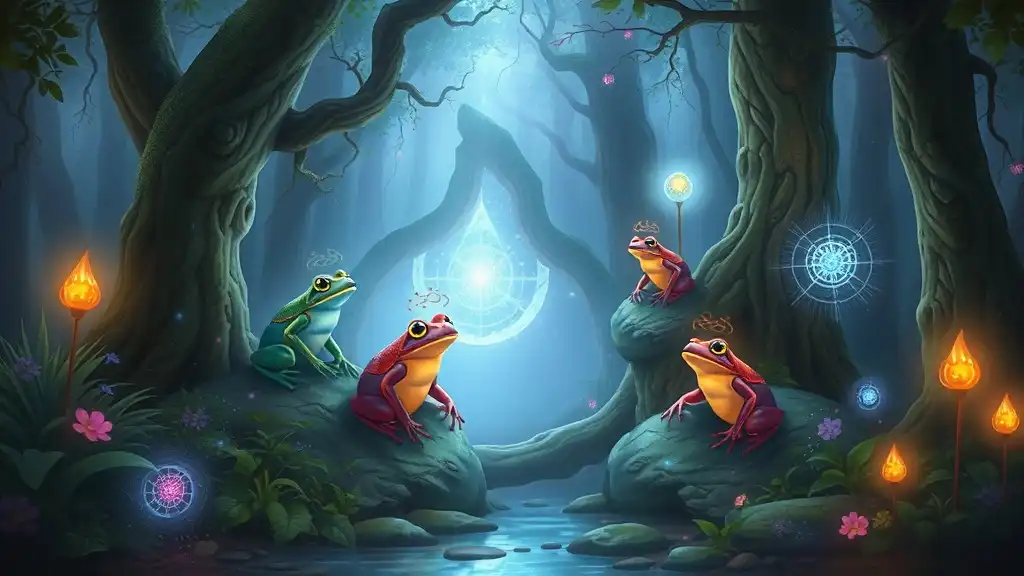
Conclusion
Exploring the spiritual meanings associated with trolls allows us to understand them not just as mythical miscreants but as profound teachers about the facets of ourselves we often overlook. By embracing the lessons inherent in the symbolism of trolls, we embark on a transformative journey toward self-acceptance, resilience, and spiritual growth. Ultimately, trolls remind us that challenges can be approached with humor and creativity, encouraging us to confront our shadows and uncover the hidden treasures within.

